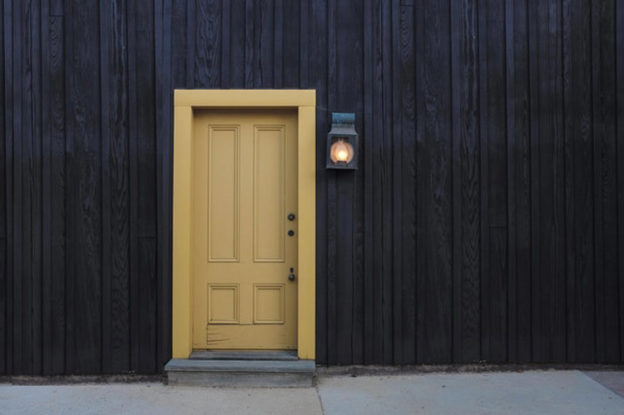(4 Minute Read)
Keeping up with residential maintenance can get difficult for seniors for all kinds of reasons, from physical to financial. As an advisor, you know the state of your client’s finances and are well-equipped to understand whether or not choosing a reverse mortgage will benefit or harm your client and the beneficiaries of their estate in the long run. But for those who need a quick brush-up on the basics, here’s some clarity on what a reverse mortgage is, and why it might or might not be a good option.
What is a Reverse Mortgage
In this case, instead of paying a lump sum, the lender cuts a monthly check to the borrower, and at the end of the term, the bank owns the house. This is also a good bet for those who haven’t kept excellent records as it’s typically a no document loan meaning you don’t need to present information on your employment, income, or assets. Another option is a home equity conversion mortgage, which is similar to a reverse mortgage but is regulated by the Federal Housing Authority and has incredibly good rates. Also, the costs and fees are generally worked into the loan.
Common Misconceptions
Reverse mortgages aren’t simply for cash-poor seniors. They’ve come to be a great financial planning tool for seniors to gain more agency and cash flow to put towards managing their homes. Many seniors don’t engage in reverse mortgages because they are afraid the lender will own their home at the end of the process, and should they outlive the loan, they’ll be removed from the property. This is not the case. The money received from the lender already belongs to the owner of the property, it’s simply bound up in the physical equity. When the term of payment ends, a senior or their heirs will still have the option to refinance in another way, therefore enabling them to keep the property should that be their decision.
Another fear keeping seniors from deciding to engage in a reverse mortgage is the thought that they must own their homes first. The reality is, seniors can still choose to proceed with a reverse mortgage as long as they use their initial income to repay their first home loan.
Lastly, seniors might not know that the tax-free income they make from a reverse mortgage is actually unrestricted. They don’t have to use the money exclusively for home repairs. Instead, it can be used to cover medical expenses, vacations, or kept in savings for downsizing later or moving to a retirement community.
Risks
At first glance, a reverse mortgage seems like a shiny deal, but the real risk can sneak up on clients. In order to continue living in their home, they must still pay their property taxes and homeowner’s insurance. Should their finances become compromised due to a medical emergency or even home repair they can end up in default and the bank will foreclose on their house. Over 8 percent of all reverse mortgages are already in default so ensuring your client understands how their budget needs to be flexible is crucial.
If you have a client interested in obtaining more financial freedom through a reverse mortgage, you might also consider providing them information about life settlements. For seniors with existing life insurance policies, a life settlement, also known as a viatical settlement can help make a world of financial difference. If you haven’t heard of life settlements, visit Life Settlement Advisors today. We have resources for both elderly individuals as well as advisors.
CASE STUDY:
Waneta and Ray celebrated 55 years of marriage last year. Ray’s health has deteriorated and he is now restricted to a wheelchair. The couple’s children have suggested they hire someone to come in and help Waneta with Ray. Since the last recession, their financial resources have not been good as the couple lost a lot money in the stock market. Ray discovered he could sell a portion of his life insurance policy for $175,000 and still retain $150,000 of death benefit for Waneta.





